Publications
Articles, publications, books, tools and multimedia features from the U.S. Institute of Peace provide the latest news, analysis, research findings, practitioner guides and reports, all related to the conflict zones and issues that are at the center of the Institute’s work to prevent and reduce violent conflict.
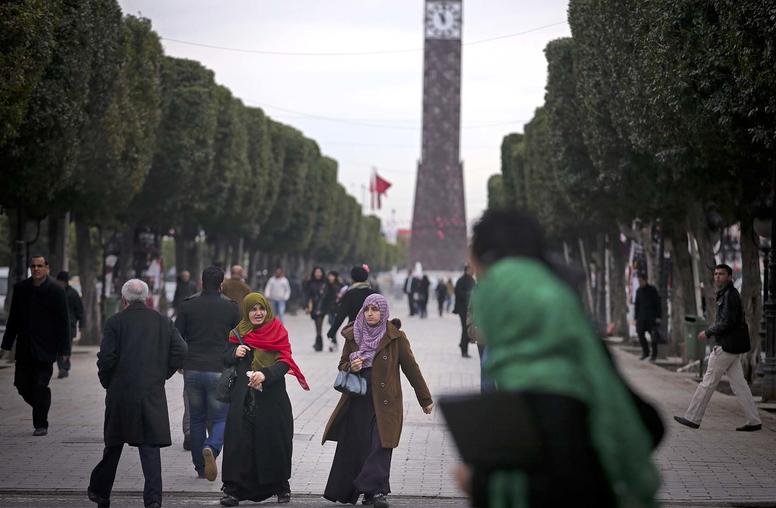
What’s Next for Tunisia’s Transition?
Long heralded as the sole success story of the Arab uprisings, Tunisia was thrown into political tumult on July 25 when President Kais Saied dismissed the prime minister, suspended parliament and removed politicians’ immunity from criminal prosecution. The decision followed days of protest and long-term malaise, with Tunisians angered over the government’s COVID response, endemic corruption, a lagging economy and, more broadly, the inability of the post-Ben Ali political system — particularly political parties — to deliver for citizens. While many Tunisians supported Saied’s move, they and the international community await what comes next and how it will impact the North African country’s long-term political and economic trajectory.
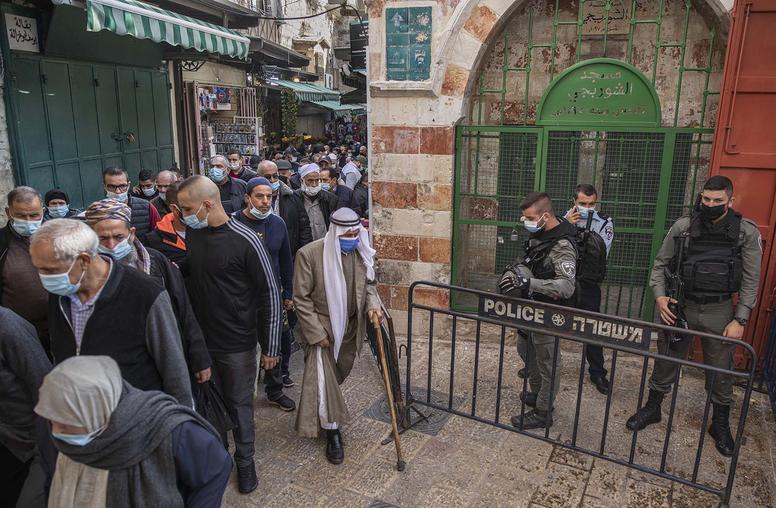
The Four Races That Will Define the Future of the Israeli-Palestinian Conflict
After the latest round of violence this May, Israeli and Palestinian leaders are walking a series of tightropes — Israel’s new government is composed of a potentially unsustainable coalition; a fragile cease-fire teeters between Hamas and Israel; and public protests continue to shake the Palestinian Authority.
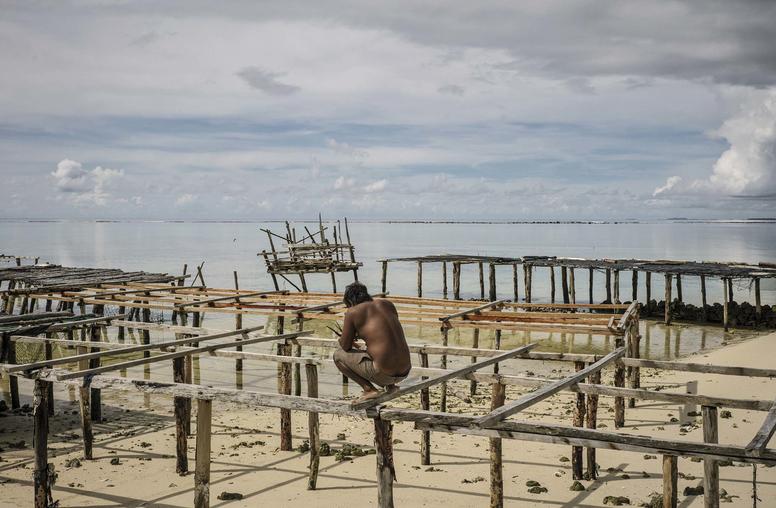
Climate, COVID and China Drive U.S.-Pacific Islands Engagement
The Pacific Islands Forum (PIF) held its 51st leaders meeting on August 6, with Fiji serving as virtual host. The PIF is comprised of 18 members, and the United States is among 18 PIF Dialogue Partners that participate in an annual post-forum dialogue. This year, President Joe Biden led the U.S. delegation and delivered his own address, a first for a U.S. president and a demonstration of the strategic importance of Pacific Island nations to U.S. priorities like climate change, COVID-19 and competition with China. USIP’s Jennifer Staats and Brian Harding discuss what PIF members and Washington want from each other and the major issues facing the region.
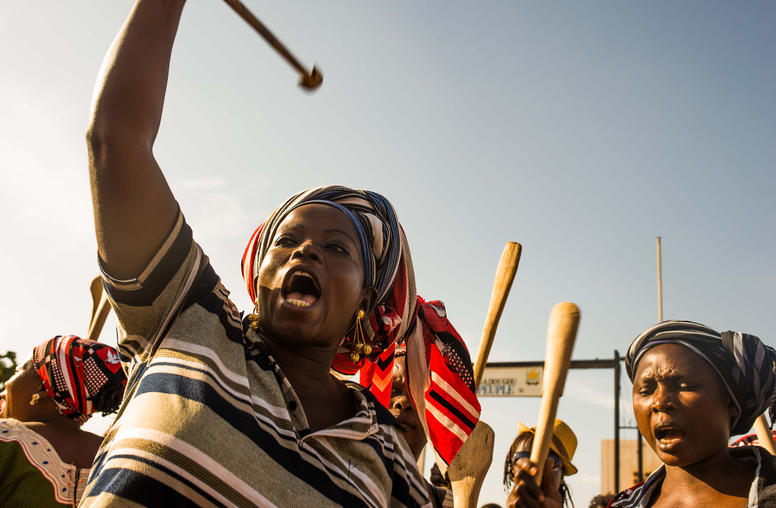
Mobilization, Negotiation, and Transition in Burkina Faso (French)
En octobre 2014, un soulèvement populaire massif a destitué le président de longue date du Burkina Faso, Blaise Compaoré, et conduit à une transition menée par des civils, laquelle a abouti à des élections libres et équitables en novembre 2015. Ce rapport illustre l’importance de la culture nationale du dialogue et du consensus et les avantages d’un vaste et solide réseau entre les groupes de négociation. Bien que la violence dans le pays ait augmenté depuis lors, les enseignements tirés de la transition au Burkina Faso peuvent être d’une aide précieuse pour guider les efforts de mobilisation populaire, les négociations et les perspectives de paix et de démocratie à long terme dans d’autres contextes.
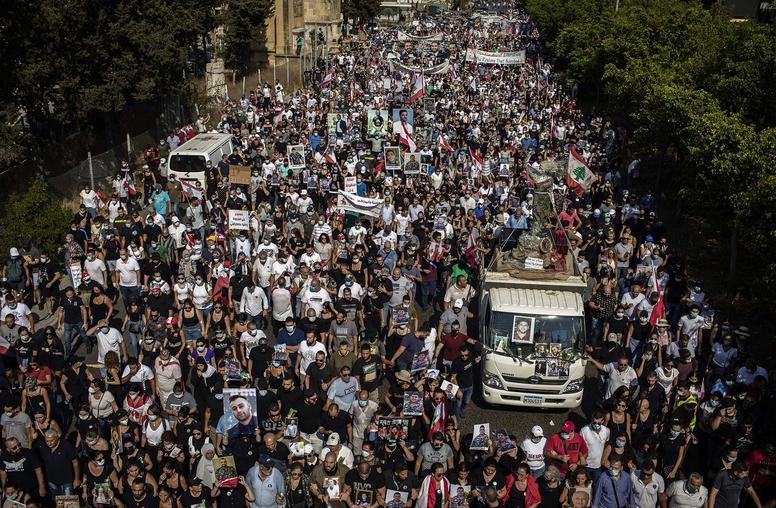
How to Pull Lebanon out of its Torturous Fall
A year after the horrific Beirut port explosion on August 4, 2020, the legal pursuit of justice and accountability is proving pointless. Little to no progress has been made, due to how deeply embedded corruption is in the country’s political and business structures. The upcoming legislative elections next year could be an opportunity to set the country on a reform track — but only if they are managed by an independent body under international supervision.
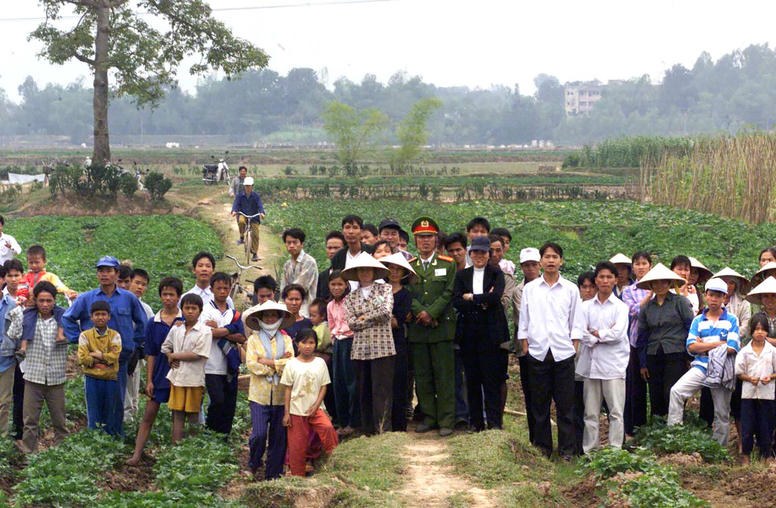
Healing the Wounds of War with the Vietnam Wartime Accounting Initiative
Nearly 50 years after the end of the Vietnam War, new collaboration between the United States and Vietnam this month is strengthening the former enemies’ friendship and consolidating what has become a model reconciliation process, Vietnamese officials say. Vietnam’s deputy defense minister and its ambassador to the United States welcomed U.S. steps in recent days to help Vietnam locate its hundreds of thousands of citizens still missing from the war. With U.S. officials, they spoke in a USIP forum on that progress — and on urgent steps still to be taken to heal the wounds of that war.
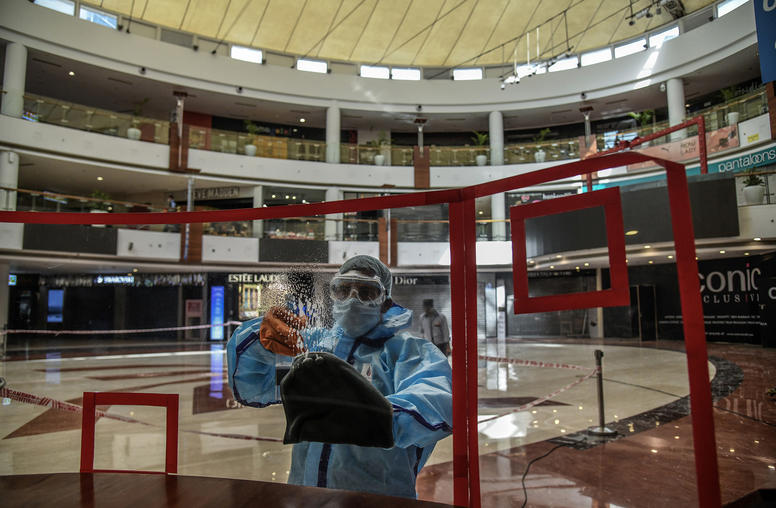
The Impact of COVID-19 on South Asian Economies
The COVID-19 pandemic has caused one of the most serious public health and economic crises faced by India, Bangladesh, and Pakistan in recent years. This report looks at the economic impact on these nations, their prospects for the remainder of 2021, and their relations with the United States. It identifies key areas of focus for ensuring the subcontinent’s recovery is equitable—which, in the context of an erosion of democratic norms, growing authoritarianism, and severe crackdown on dissent, could help avoid economic and social instability.
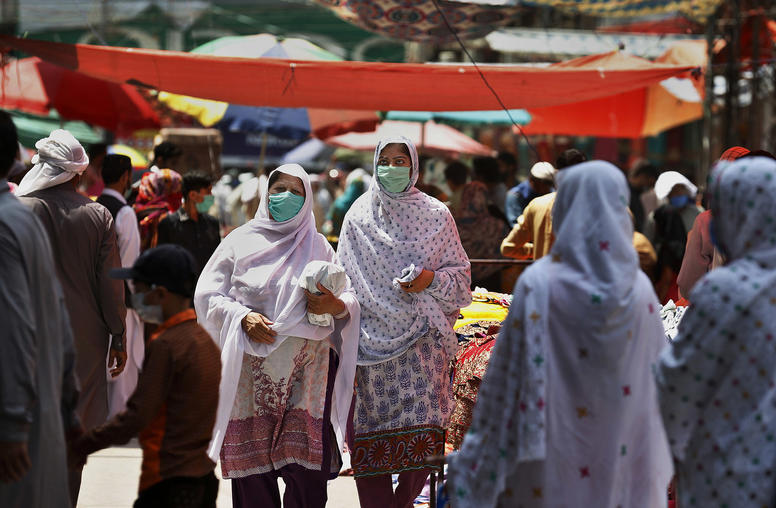
Gender-Based Violence and COVID-19 in Fragile Settings: A Syndemic Model
The long-standing pandemic of gender-based violence has been worsened by COVID-19 and related containment measures, particularly in fragile settings marked by conflict, poverty, and weak infrastructure. At the same time, the implementation of gender-insensitive COVID-19 control policies can exacerbate the community transmission of COVID-19. These interactions form a syndemic—two or more pandemics whose interactions compound the severity of each. This report identifies the key avenues through which these two pandemics have synergistic effects and offers recommendations for mitigating their impact.
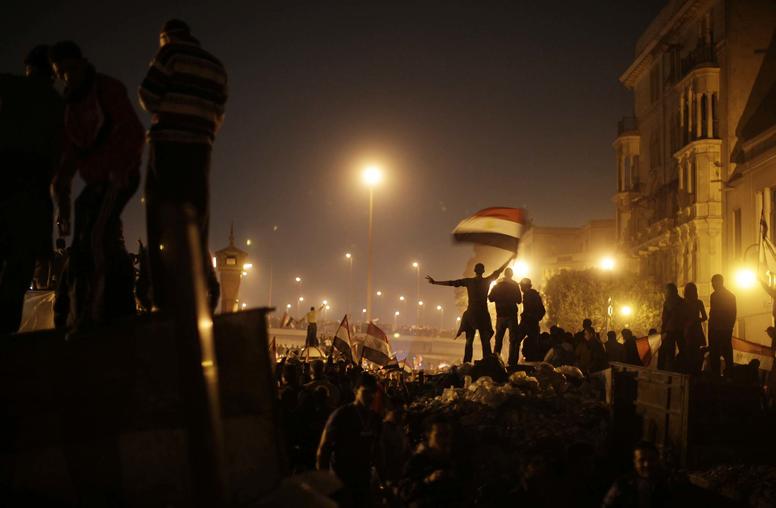
The Living Legacy of the Arab Uprisings
A decade after the popular uprisings that dramatically swept the Arab world in 2011, the debate continues about their impact, meaning and ultimate value in understanding contemporary Arab politics and culture. When Egypt reverted to strongman rule with Abdel-Fattah el-Sisi's coup in 2013, and as the civil wars in Syria, Libya and Yemen dragged on with no sign of resolution in recent years, many concluded that the “Arab Spring” was an ephemeral and failed experiment in political change. The dramatic democratic backsliding in Tunisia, where President Kais Saied suspended parliament and dismissed the prime minister in what many critics and observers have described as a coup, could only add to that conclusion, as Tunisia was often considered the Arab Spring's only "success story."
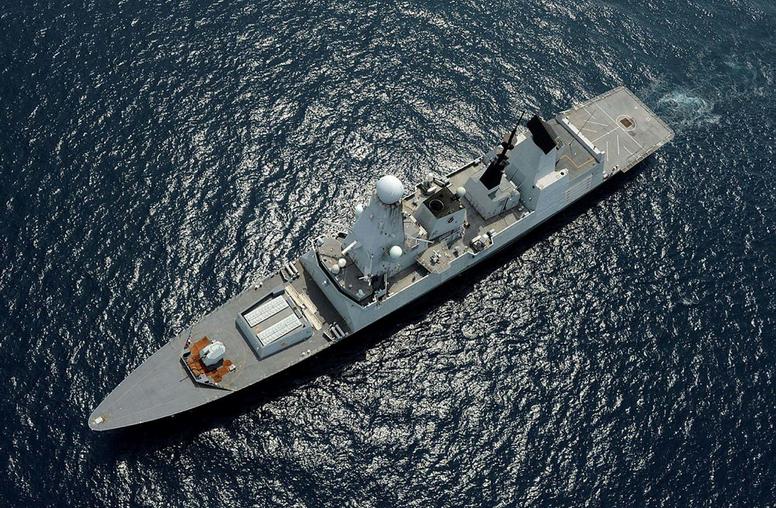
As China Poses Challenges, Europe Makes its Presence Known in the Indo-Pacific
A German frigate that left the country yesterday for the Indo-Pacific region will be Berlin’s first warship to cross the South China Sea in almost 20 years. This follows the United Kingdom’s late July announcement that two of its warships would have a permanent presence in the Indo-Pacific. Currently, the U.K. has a highly publicized carrier strike group in the region, featuring the largest U.K. warship ever deployed. And earlier this year, France deployed an amphibious ready group through the region — accompanied by the February revelation that a French nuclear attack submarine had completed passage through the South China Sea. Although the U.S. naval presence in the region is well known, Europe’s has received much less attention — that is, until recently.